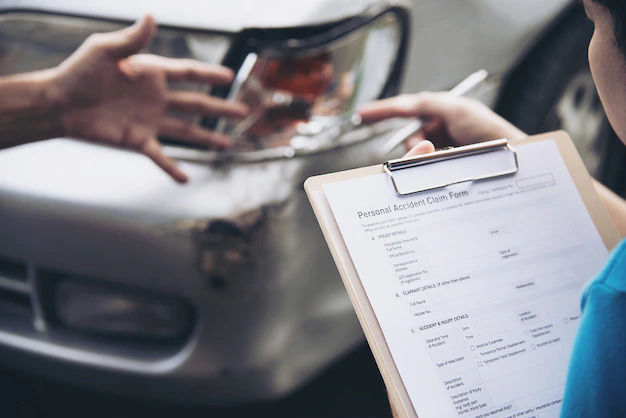Car accidents happen—even to the best of drivers—and depending on the severity, they can range from a minor inconvenience to a life-changing event. No one wants to dwell on the possibility of being in an accident, but once one has occurred, your insurance company has a process in place to determine what happened and how much they should pay.
Here’s what you should do if your claim is being investigated to ensure that you receive fair compensation.
What Happens After You File?
The first step in this process is filing a claim with your insurance company as soon as possible to cover the cost of repairs and other damages. The less time has passed, the easier it will be to prove your case. Once you submit a claim to your insurance provider, they will assign a claims adjuster to your case. That person is responsible for determining if your claim is legitimate and deciding how much you should be compensated. Usually, they will contact you to confirm the details contained in your claim. In the case of more serious incidents they might interview witnesses and examine the police report and the scene of the accident.
Record the Facts
Claims adjusters will be on the lookout for inconsistencies in how you report the accident, so keep the facts in mind as much as possible. Take pictures and/or video of damage to your vehicle and any others, and make sure you have copies of the police report and medical records of injuries you sustained, if any. You should avoid giving any recordings of the accident directly to the claims adjuster, but keeping them for your own records could be helpful if your version of events should be disputed.
Remembering every detail is difficult, especially for a stressful, unexpected event like a car accident. That’s why you should make a note of the date, time, and location where the accident occurred as soon as it happens, and keep careful notes and records.
When Will You Get Paid?
Most insurance companies process simple claims fairly quickly. For instance, a physical damage claim takes about one to two weeks. In some cases, however, the insurance company must figure out who is at fault and negotiate with the other driver’s insurer to decide how much should be paid by each party. They will then pay the cost of damages minus the deductible. The speed of this process depends on the complexity of the damage, with medical claims typically taking the longest.
When Should You Hire a Lawyer?
If your accident involves a dispute about who is at fault or you were seriously injured, it’s probably in your best interest to consult with an experienced Louisiana personal injury lawyer. It’s common for insurance companies to avoid paying for medical expenses and lost wages if they can, so if you are concerned about medical bills a lawyer can help you decide on a course of action.
Unfortunately, insurance companies are sometimes unscrupulous when it comes to avoiding paying for damages. If you feel that your insurer is acting in bad faith using tactics such as legal threats and underestimating your claim’s value, an insurance claims attorney can help you hold them accountable.
Get the Legal Help You Need Today
For help navigating your insurance claim, contact the attorneys at the Law Offices of E. Orum Young for a free consultation. We’ve helped clients just like you for 35 years, and we can make sure you’re treated fairly by your insurance provider. Just give us a call 24/7 at (318) 814-9352 or complete our online contact form.





